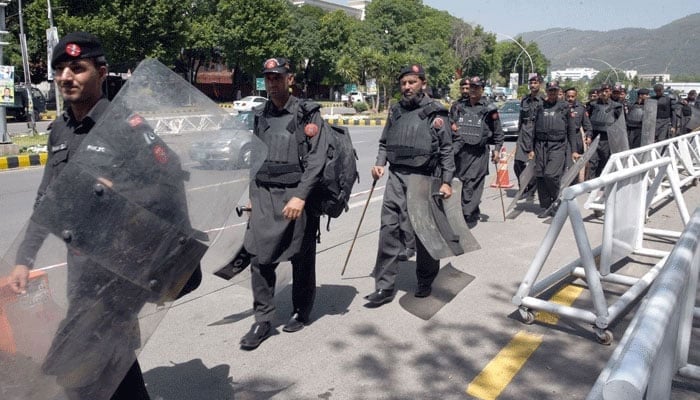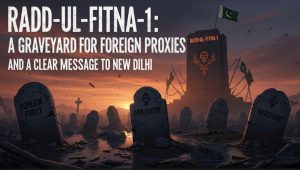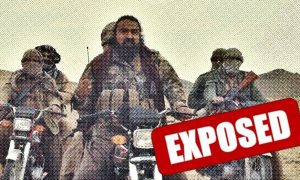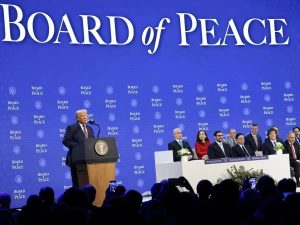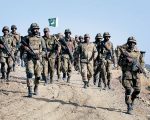You know, for anyone who’s been paying attention to how we handle security in this country, the shift from the Frontier Constabulary to the Federal Constabulary makes sense. To me, this isn’t about simply swapping a nameplate on a building; it’s a ground-up rethink that’s long overdue. We’re finally getting serious about addressing problems we’ve been putting off for years, and most importantly, it puts our civilian leadership in a much stronger position.
For decades, the Frontier Constabulary carried a legacy of service, but one that was increasingly out of step with our modern needs. It was a force under the Ministry of Interior, led by capable police officers on deputation, with its ranks filled by men from all across Pakistan. Yet, its primary deployment was confined almost exclusively to Khyber Pakhtunkhwa. This rigid structure created a cascade of problems. It was chronically hampered by outdated equipment and training, making it less effective than it could have been. You cannot ask a force to meet 21st-century challenges with 20th-century tools.
Now, with its transformation, the force remains rightly under the Ministry of Interior and will still be commanded by police officers, but the foundational weaknesses are being systematically dismantled. This is our chance to give these troops the modern equipment, specialized training, and career progression they have long deserved.
What really makes this a game-changer, in my view, is the new response capability it provides at the federal level. For as long as I can remember, we’ve had a fundamental problem. When a crisis boiled over and was more than the provincial police could manage, the Interior Ministry was left scrambling for options. Inevitably, this meant calling on the Rangers—a force designed for border security—or, in the most extreme cases, bringing the Army onto our streets to handle domestic issues. This created a dependency on military-led forces for internal matters—a situation that is never ideal for a thriving democracy.
The Federal Constabulary will bridge this critical gap beautifully. It provides a graduated response option, an intermediary force that is more robust than police but is still a civilian law enforcement body. This allows the government to use the right tool for the right job, handling significant unrest or security threats without immediately having to turn to institutions designed for national defense. To put it concretely, with a properly resourced Federal Constabulary, the recurring need to deploy Rangers for security in Islamabad would become a thing of the past, reinforcing clear lines of civilian authority.
Honestly, all this talk about a ‘political weapon’ is a complete distraction from the very real, very dirty work this force is being set up to do. Think about it: who handles the complex operations to root out the remnants of terrorist groups? Who secures a volatile area after a major incident? That’s the job description here. This isn’t about targeting political opponents; it’s about targeting the threats that destabilize our country. That’s why professional police officers are in command—their entire careers are about law enforcement, not political maneuvering. The concerns, while loud, are aimed at the wrong issue entirely.
Others argue that it duplicates the role of the police or the Rangers. This is fundamentally incorrect. It doesn’t duplicate; it specialises. Provincial police are, by definition, limited by their provincial jurisdiction. Rangers are a border-focused force with a different skill set and command. The Federal Constabulary is being purpose-built for federal internal security, a niche that has remained conspicuously vacant until now. It’s about creating a more sophisticated and layered security apparatus.
Ultimately, think of it this way: we’re not building a brand-new house. We’re renovating an old one with a solid foundation. We’re updating the wiring, strengthening the walls, and redesigning the layout to make it work for a modern family. That’s what this is—a much-needed renovation to make an old force effective and accountable for the 21st century. And when it’s done, it puts the rightful homeowners, our civilian leadership, clearly in charge.

